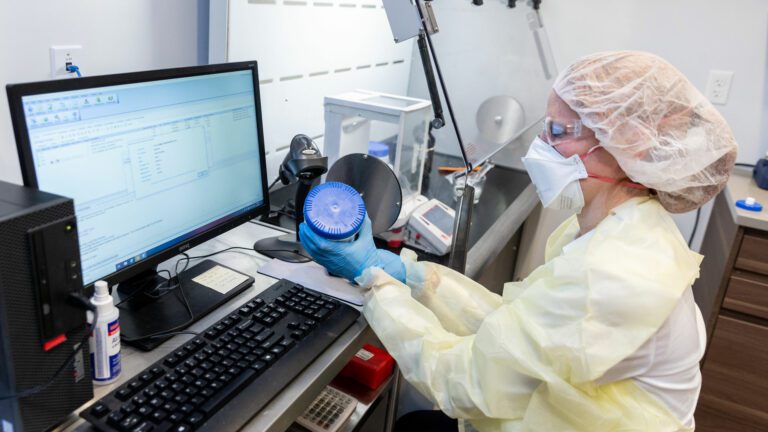
The need to consider when it is appropriate to compound a non-sterile preparation is not a new concept in pharmacy practice. However, since ACP implemented the Standards for Pharmacy Compounding of Non-sterile Preparations, there is a heightened awareness about when it is appropriate to perform non-sterile compounding in pharmacies.
Pharmacists must apply their knowledge and critical thinking skills when assessing a prescription to ensure it is most appropriate for the patient and the condition being treated. When the prescription is for a compounded non-sterile preparation, the pharmacist must assess the incremental risk inherent to compounding compared to dispensing a product manufactured under much more stringent conditions.
Before engaging in non-sterile compounding, the non-sterile compounding supervisor must ensure appropriate resources are available to safely compound a high-quality preparation. This includes having trained and competent compounding personnel, a master formulation record or the ability to develop one, and suitable facilities and equipment.
The pharmacist’s assessment must determine that the compounded preparation is the most appropriate treatment option to meet the unique circumstances of a specific patient.
Remember, pharmacies have until July 1, 2021, to meet the third and final priority of the non-sterile compounding standards. While priority three requirements focus primarily on facilities and equipment, it is important for compounders to remember that priority one and priority two requirements must be met. The ACP non-sterile compounding standards and guidelines remain in effect, meaning compounding should only occur based on your facility’s capabilities and the risk assessments you have completed for the compounds you prepare. Proper risk assessment ensures staff and patient safety, as well as quality compounded preparations.
ACP expects each pharmacy will comply with priority three and is taking steps to obtain the necessary equipment and facilities to perform non-sterile compounding. All new pharmacies, pharmacies that are relocating, and pharmacies planning or undergoing renovations must be compliant with all three priorities, effective immediately.
To ensure public and team member safety, pharmacies unable to meet the requirements for compounding based on their capabilities and risk assessments, or not taking steps to obtain the necessary equipment and facilities, should stop any unsafe practices and have a compounding and repackaging agreement with a pharmacy that does meet the requirements. More information on what to look for in a pharmacy that provides compounding and repackaging services to other pharmacies can be found in this Link article from May 13, 2020.
For more information, including non-sterile compounding FAQs, visit ACP’s non-sterile compounding webpage.




